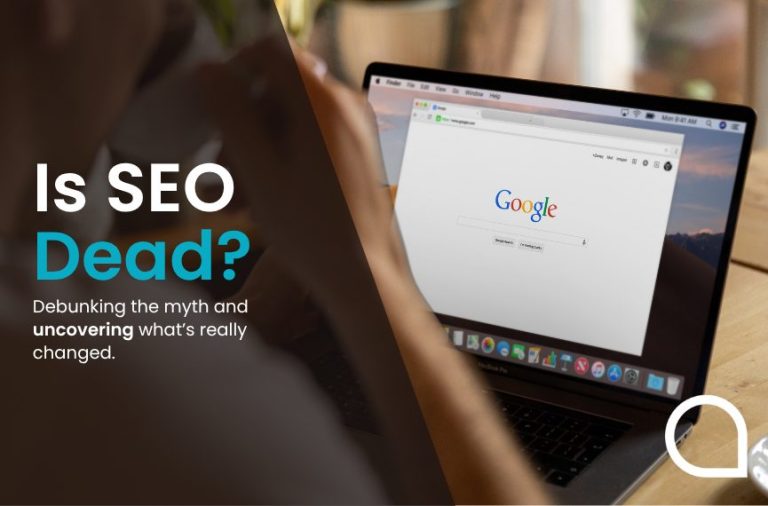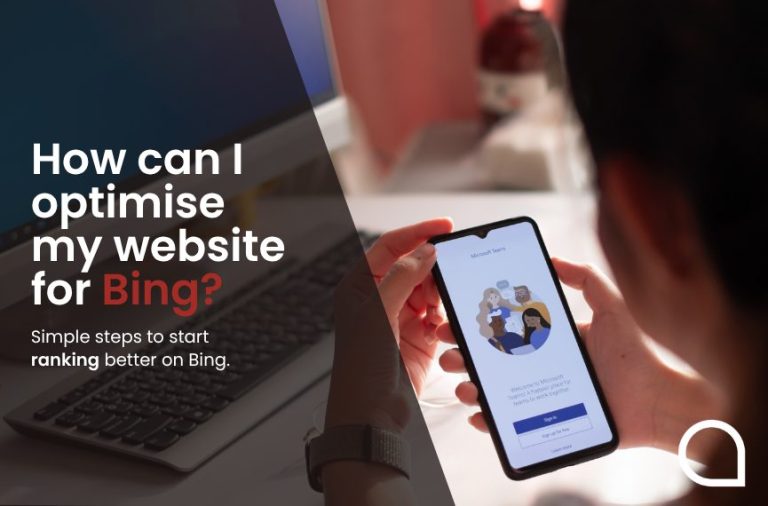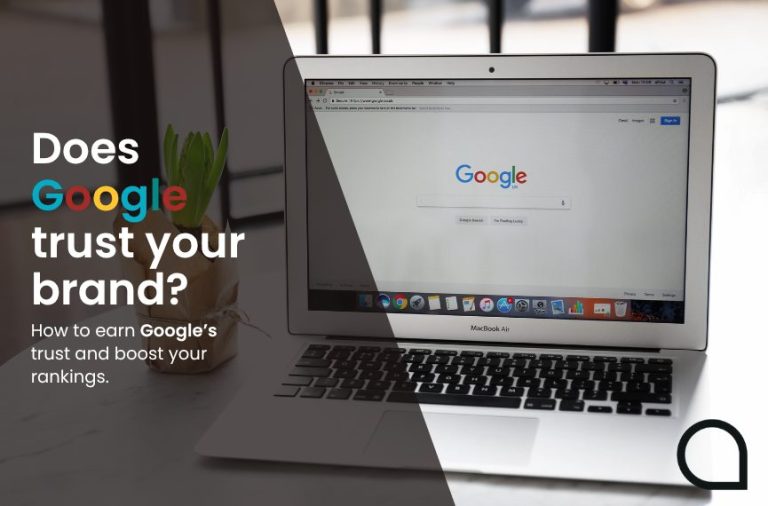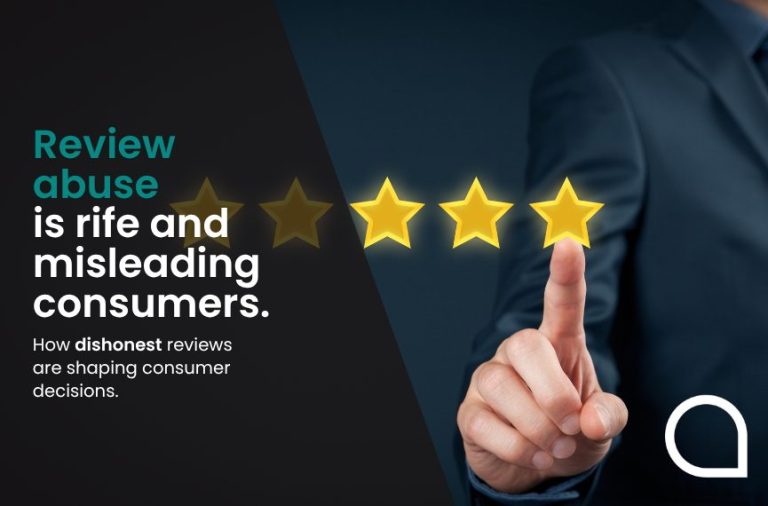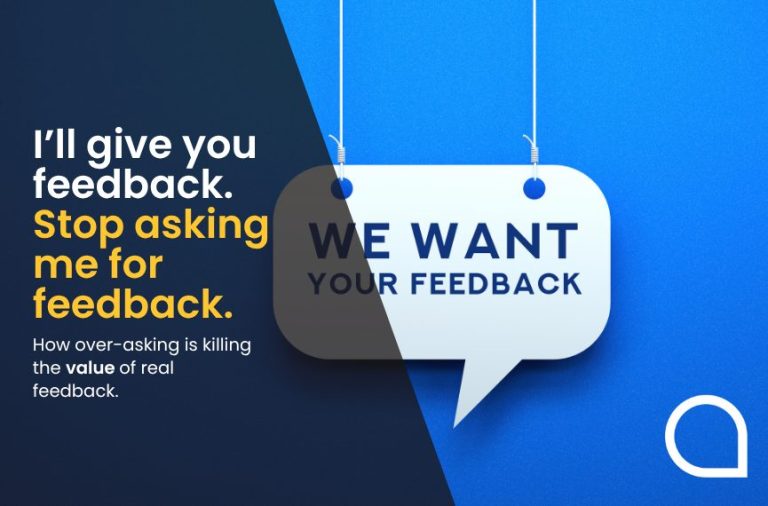Imagine, if you will, that your website is an iceberg….
Above the waterline, shimmering in the bright sunshine, are the pages of your website. Everything customers can see on your home page and the immediate menu structure.
I’m betting that every one of those pages will say exactly what your competitors say. They will tell anyone visiting that you are a fabulous company to deal with and try and convince people to call you.
These pages, above the waterline, are designed to sell. Nothing wrong with that.
But what about below the waterline?

Is your business all about the sales message or is there something more substantive underpinning your business?
Of course, all businesses have more about them, but how many of them actually share this online, so you can read about it before you contact them?
Very few, and I’ll tell you why.
One of the problems that some people face with content strategies is that there is a temptation to continually talk about what you want to sell.
There’s nothing wrong with selling to people, but all the time?
Imagine if you had a friend, who every time you met them only wanted to talk about themselves and how good they were. How long would it take you to start to avoid that friend?

But with a business, people somehow think it’s different.
Let me tell you, it’s not.
People know when they are being sold to and frankly get really annoyed if it happens every time they meet you.
Create a meaningful content strategy
So, what should your content strategy be trying to do?
There are three main things a content strategy should be doing for your business;
- Talking about the problems your customers might face and how they could solve those problems (even if that means not using you)
- Providing honest answers to any question they may have
- Establishing your business as a ‘knowledge hub’ in the industry and somewhere they can turn for help and advice.
Why?
Because when they do need help, yours is the name they will trust.
Think about how people use the internet these days. Think about how you use it?
If you need to understand what the warning light on your car is, you can find the answer online. If you don’t know how to do something on your new phone, no problem, the answer will be online. If you have a general knowledge question that needs answering, you can find the answer online.
The one thing all of these have in common is that when you get the answer, the chances are the people answering your question aren’t going to try to sell you anything.

So, why do they do it?
Well, if they aren’t trying to sell to you all the time, people form an affinity with them and with their brands. They start to trust the brands and they know that they can find the answers to the questions they have if they visit their website.
And when the time comes that they do need your services, they will have read so much of your content that they become pre-qualified customers, knowledgeable about what they want and certain in the fact that you can help them. They sell themselves on using you.
Now imagine if every prospect that arrived in your business already wanted to buy from you with little or no extra selling. Would that make a difference to your bottom line?
Still not convinced? Let’s translate this to a real-life content strategy.
One customer we have been working with for nearly seven years has, in that time, created an enormous amount of content around just one topic area. So much so that whenever you search for this topic you are almost certain to find their website.
But here’s the rub; what they sell isn’t that topic.
What they sell is a solution to the problem that people are researching.
Theirs is a wonderful little product that can help those people searching to solve their problem. Except when they are searching, they don’t know this product exists.
None of these articles tries to sell their product. Sure, it’s there on the page in plain sight, but it’s not pushed in the article as the solution. Instead, they talk about the various other solutions that people could try, most of them for free.
Today, they rank in search for almost 8,000 keywords or phrases. Yet seven years ago they ranked for nothing.
People buy thousands of units of their product every month because they trust them, and it works.
But at the beginning, no matter how good the product, and no matter how many times they told people on their website that it was fabulous, sales were hard to come by.
The trick it seems is that people like to buy, but not necessarily to be sold to.
So, your content strategy really needs to help people understand about you as a business more than what you sell.
Because when they know you, they will buy from you without question.
Updated 04/11/2020
